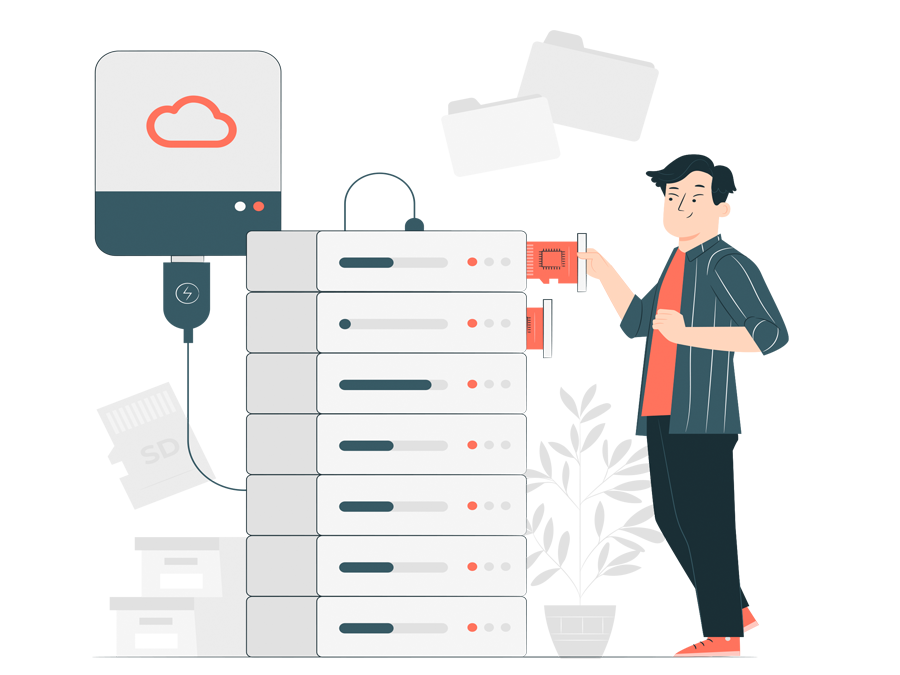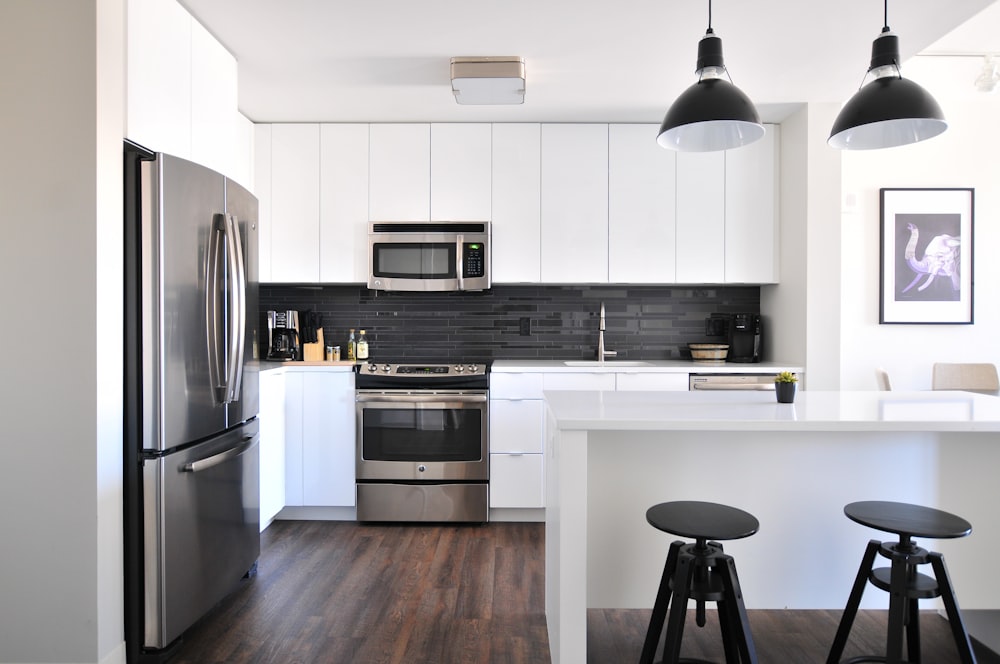Breaking Down Average Kitchen Remodel Costs for 2021
Understanding Kitchen Remodel Costs:
Remodeling your kitchen is a significant investment, and understanding the costs involved is crucial. From materials to labor, various factors contribute to the overall expense of a kitchen remodel. By breaking down these costs, you can better plan and budget for your project.
Materials and Finishes:
One of the primary cost considerations in a kitchen remodel is the materials and finishes you choose. Cabinets, countertops, flooring, and appliances all come in a range of materials and price points. Opting for high-end materials like granite countertops or custom cabinetry will naturally drive up the overall cost of your remodel.
Labor Costs:
Labor costs typically make up a significant portion of the total expense of a kitchen remodel. Hiring skilled contractors, plumbers, electricians, and carpenters to complete the work adds up quickly. Labor costs can vary depending on factors such as the complexity of the project, the location, and the experience level of the professionals you hire.
Design and Planning Fees:
Before any work begins, you’ll likely need to consult with a designer or architect to create a plan for your kitchen remodel. These professionals charge for their expertise and time spent developing a layout, selecting materials, and creating design renderings. While these fees are an upfront cost, they can help ensure that your remodel is well-planned and executed.
Permitting and Inspection Costs:
Depending on the scope of your remodel, you may need to obtain permits from your local building department. Permitting fees vary by location and are required to ensure that your project complies with building codes and regulations. Additionally, you may need to schedule inspections throughout the remodel process, which can incur additional costs.
Unexpected Expenses:
No matter how carefully you plan, it’s essential to budget for unexpected expenses that may arise during your kitchen remodel. Hidden structural issues, plumbing or electrical problems, or unforeseen design changes can all add to the overall cost of your project. Building a contingency fund into your budget can help mitigate these unexpected expenses.
DIY vs. Professional Installation:
One way to save on kitchen remodel costs is by opting for a do-it-yourself approach for certain aspects of the project. However, it’s essential to weigh the savings against the potential risks and drawbacks of DIY installation. While DIY may save money upfront, mistakes can lead to costly repairs down the line. In many cases, hiring professionals ensures a higher quality of work and may ultimately save you money in the long run.
Tips for Budgeting:
Budgeting for a kitchen remodel can be challenging, but there are ways to keep costs in check. Start by prioritizing your must-haves and allocating funds accordingly. Research different materials and finishes to find options that fit your budget without sacrificing quality. Obtaining multiple quotes from contractors can also help you compare prices and find the best value for your money.
Planning for the Future:
Finally, consider the long-term value of your kitchen remodel investment. While it may be tempting to cut corners to save money in the short term, investing in high-quality materials and skilled labor can pay off in increased home value and enjoyment for years to come. By carefully planning and budgeting for your kitchen remodel, you can create a space that’s both functional and beautiful without breaking the bank. Read more about average kitchen remodel cost 2021






